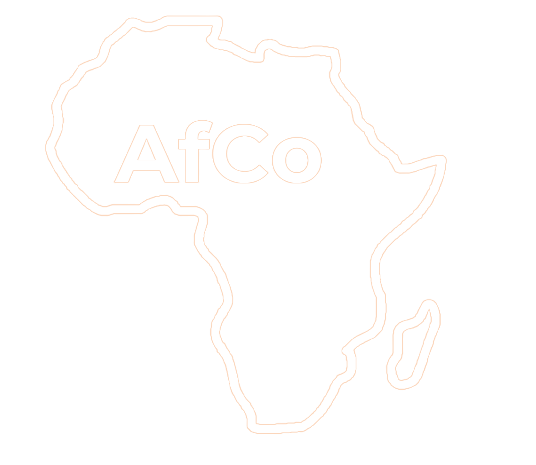Is Ecotourism a Sustainable Way to Conserve and Use Natural Resources? A Comparison between Namibia and Madagascar
International agencies and governments are increasingly presenting ecotourism as a sustainable option for conserving and using developing countries' rich biodiversity and, at the same time, alleviating rural poverty. Based on case studies of Madagascar and Namibia, this paper questions this new paradigm. More specifically, we analyze remaining opportunities for national and local regulation of ecotourism in the South when this sector is part of a global value chain driven by tour-operators from the North. Hence we study current conditions with regard to developing ecotourism (ownership of natural resources, the role of NGOs, mainstreaming of community projects) and we use and adapt World Tourism Organization (WTO) criteria to assess ecotourism's socio-economic impacts and contribution to conservation in both countries.
